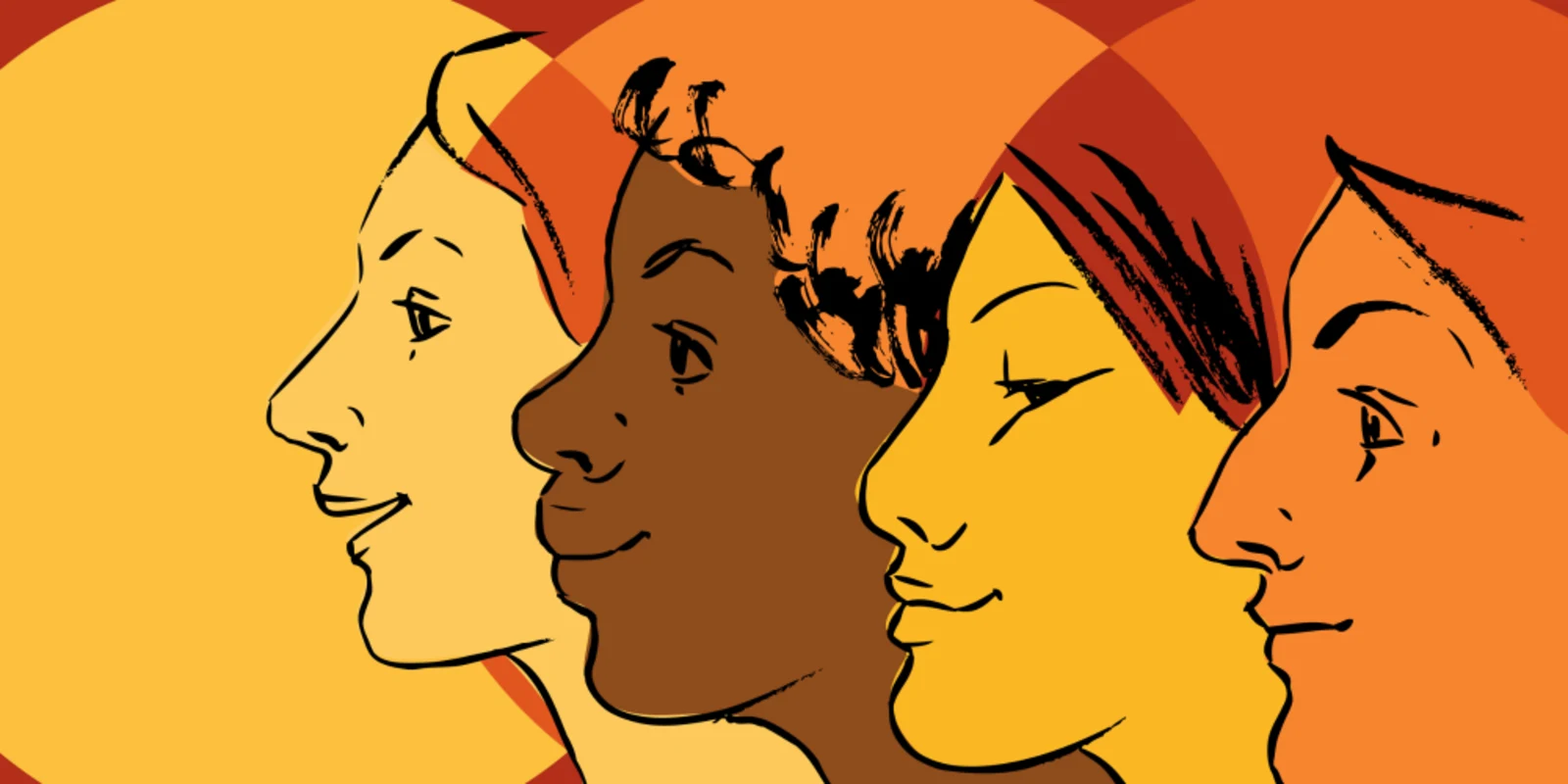
I guess I don’t really look much like a doctor. I walk into the room, donning my long white coat, the confidence that only four years of medical school, tens of thousands of dollars of debt, and the suffix "MD" can give a girl.
I introduce myself as “Dr. U,” mostly because it’s catchy and easy to remember. I interview and examine my patient with a high level of skill and ease that I’ve acquired during a few, soul-sucking years of residency training. I articulate my plan eloquently and explain the next steps of the gauche shuffle from the ER to inpatient ward. Then, inevitably, just a few hours later, as I walk into the room and my patient hurries off the phone, I hear those four little words that every female doctor hates to hear:
“Here comes my nurse.”
It happens to female doctors everywhere. Underestimated, undervalued, underpaid. Even during medical school, I found it hard to figure out my identity in the white washed, male dominated field of medicine. When people would ask me about school, I’d down play the fact that I attended a top tier medical school. I can’t appear to be too smart, too self-assured, too black, or too female. Getting through rounds was even more difficult for me then. I really struggled at times to find my voice, which made pimping sessions or even just a regular round table discussion challenging. It took me longer to answer questions because of the internal struggle to bury my self-doubt while still trying to fit a mold and be the best representative for the culture.
I’d often get feedback that commented on my shyness, my quietness, and how reserved I was when it came to attending rounds and team discussions. It wasn’t until residency that I finally found my voice and really began to grow into my own as a black, female doctor. Then, the feedback changed and an anonymous person described me as aggressive and difficult to approach. Descriptors I found to be in stark contrast to how I interact with my co-resident and live my life in general.
Unfortunately, these are all experiences that are not unique to just me. Sit a group of powerful, doctors, and lady bosses in a room and they’ll tell you similar stories. A good friend shared her difficulties with imposter syndrome during residency and how she often has to remind herself that she earned and deserves her position in the program. Another commiserates about the difficulties she has with getting pulled for jeopardy more times than anyone else in the entire program because her chiefs know she’s the only resident who won’t speak up or voice descension.
One of my favorite people in the world, a pint-sized female general surgery resident in the midwest, once told me that in a formal evaluation with her female program director she was advised to “smile more.” We’ve all been there: engaging in this insane struggle to be seen and valued equally as men in the world of medicine. Despite the panels, conferences, and national organizations out there to support women in medicine, there still exists this implicit bias that makes leveling the playing field hard.
Like that new Nike campaign that highlights similar struggles, this issue is not exclusive to women in medicine. It affects women everywhere. If we argue with your clinical judgment, we’re irrational and aggressive. If we place an order or ask you to do something without a please or a thank you, we’re perceived as condescending or ungrateful. If we show too much emotion, we’re hormonal. Too little, and we’re a bitch. Every action we take has a million tiny, unforeseen consequences. Problems, undertones, and issues that many men in medicine have the unique position not to be burdened with and are intentionally or unintentionally unaware of our reality.
So, I have to be everything: a woman, a mentor, a daughter, a leader, a sister, a sista, and a doctor. In my work, I represent an entire race, gender, and country to every person I interact with. It’s a hard job, but one only a women can do, and do well.
As we say goodbye to national women’s month, I’m adopting a new mantra: “If I had the confidence of a mediocre white man, imagine the damage I’d do.” I’m fully embracing who I am as a doctor and a leader, shedding my shell of self-doubt. My voice no longer shakes as I unapologetically advocate for myself, my patients, and other physicians.
I am damn good at what I do and I earned my seat at the table. Don’t confuse my confidence for arrogance. Watch out world because I am hungry, and I will not apologize or hide it anymore. And if you dare ask me to smile more and talk less, be ready for an epic clap back. My hope for all the lady bosses and future lady bosses reading this is that you’ll join me on my journey to claiming a future that is female.
Dr. Chioma Udemgba is a third-year Med-Peds resident physician currently training at Tulane University in New Orleans, LA. She is passionate about creative writing, graduate medical education, and working with underserved populations. Dr. Udemgba is a 2018–2019 Doximity Author.
Image: Aleutie / shutterstock






